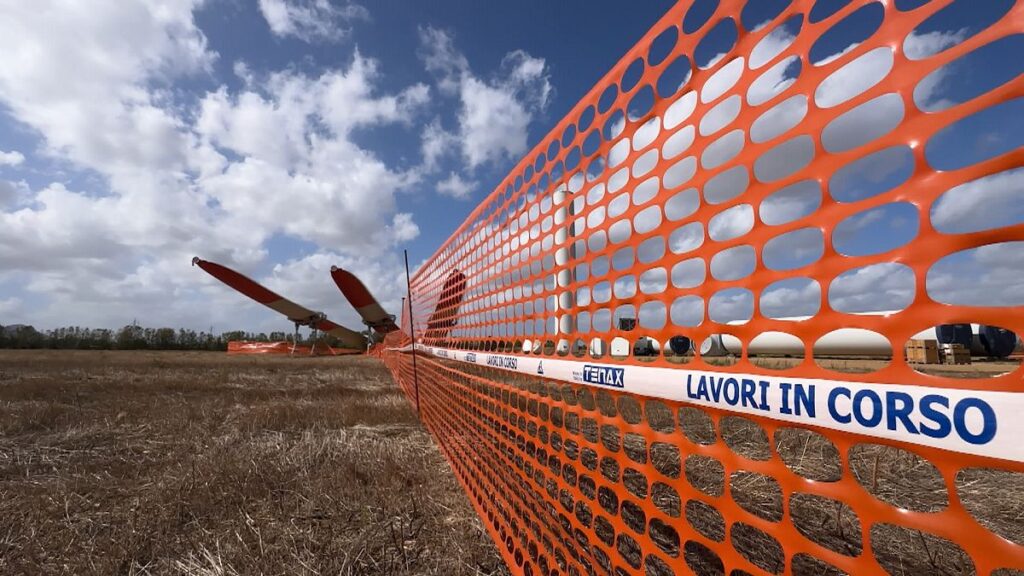In Sardinia, wind energy projects are whetting the appetites of multinationals, and applications for operating permits are numbering in the hundreds, to the great dismay of many residents. Has the island become the European Wild West of renewable energies?
Renewable energy projects are multiplying, both at sea and on land in Sardinia, paving the way for a turbulent energy transition.
The autonomous region of Sardinia imposes a moratorium on massive demands for wind and photovoltaic power plants, and residents’ committees promise to defend their island against “the invasion of renewable energies”. Journalist Monica Pinna visited the site.
Europe has set itself an ambitious goal: to achieve carbon neutrality by 2050. All EU countries are striving to do the same. Italy aims, in the medium term, to produce 80 GW of additional green energy by 2030, and all regions of the country are expected to contribute to this major effort.
Sardinia, for its part, will have to produce at least 6.2 GW of green energy by the end of the decade. But the authorities have received requests from multinationals for more than 56 GW. These have literally exploded, due to a three-year delay in the adoption of a national law on suitable zones, consistent with this type of settlement. Residents took to the streets to demand clear rules to manage the energy transition.
“We demand that the rights of residents and landowners be respected, and that there be economic benefits,” says Giancarlo Ballisai, co-founder of the Nuraxi Figus residents’ committee.
The affair took the form of a political standoff between the Italian government and the regional executive. Rome encourages the construction of wind farms through incentive measures, and considers renewable energies “strategic” for the country. Photovoltaic power plants and wind farms therefore outweigh the consequences on the landscape.
For their part, regional authorities blocked all new requests for 18 months.
“We have given ourselves the mission of curbing this mass of authorization requests through a moratorium aimed at saving time, in order to develop a regional law on compatible zones”explains Alessandra Todde, president of the autonomous region of Sardinia
Alessandra Todde plans to take advantage of the moratorium to develop a regional energy plan and create a local energy company.
“We have an opportunity, because we can produce electricity and producers can set the price. Sardinia has the opportunity to play an active role and not depend on management and energy from third parties.”
The Sardinian Sea is also coveted by multinationals. When it comes to offshore installations, the government decides. But the national maritime plan has still not been adopted. Projects are therefore assessed without clear rules on where and how facilities should be implemented.




